Glorious Sea the Sacred Baikal: History
In 1848, the district school superintendent of Upper Udinsk, a local historian and writer, Dmitri Pavlovich Davydov (1811-1888), wrote the poem “Thoughts of a fugitive on Baikal.” It was devoted to the fugitives from prison. In an interview, the author told the St. Petersburg newspaper Golden Fleece:
“Fugitives from factories and settlements are generally known as “passers” They are extraordinarily courageous in overcoming the natural obstacles along the way. They go across mountain ridges, through swamps, swim enormous rivers on fragments of wood, and there were some cases where they risked crossing Lake Baikal in barrels that they sometimes found on its shores.” The fugitives were supplied with bread and other items by local inhabitants, who would leave them outside of their houses at night.
The poem became the basis for the lyrics of this very popular folk song, Glorious Sea, the Sacred Baikal, whose music was composed by unknown prisoners working in the Nerchinsk mines.
Lake Baikal is located in the south of the Russian region of Siberia (between Irkutsk Oblast to the northwest and the Buryat Republic to the southeast, near the city of Irkutsk.) It is the most voluminous freshwater lake in the world with an average depth of 744.4 m (2,442 ft) and contains a total of roughly 20 percent of the world’s surface fresh water. It is also the world’s oldest lake, being more than 25 million years old and is home to more than 1,700 species of plants and animals, two thirds of which can be found nowhere else in the world. It was declared a UNESCO World Heritage Site in 1996.
A powerful wind—the Barguzin—blows across the central part of the lake. In the song, the singer implores the Barguzin to “stir the billowing waves….” The barrel referred to as the “glorious ship” is a barrel used to cure the omul fish. This species, found only in Lake Baikal, is considered a delicacy but is also listed in Russia as an endangered species. The sail—the “caftan all in holes”—refers to the escapees’ use of their clothing to make a sail for their fish barrel ships.
The towns mentioned in the song, Nerchinsk, Shilka and Akatuy were all places where both criminal and political prisoners served their sentences at hard labor. A silver-lead mine was opened at Akatuy in 1815, and prisoners were used in ore extraction from the mine. Prisoners at Shilka worked on building the Trans-Siberian Railway. Read the special section below for more about these towns.
Leonid Kharitonov was born not far from Lake Baikal in the small Siberian village of Golumet and so feels a special connection to this song. He grew up in Golumet, attended school in Irkutsk and got his start singing with the chorus and as a soloist of the Irkutsk Philharmonic. He relates that when he decided to go to Moscow at age 17 to begin his singing career, he first went to Lake Baikal “in order to ask for its blessing.” During later years, when he had the chance, he often returned to the lake to give thanks for its blessing and spiritual help. Living in Moscow since 1952 and performing all over the world during his long career, he was especially pleased to return yearly to Siberia to perform between 2001-2005.
This performance is from a 1991 solo concert in Tchaikovsky Hall, Moscow, accompanied by the Osipov Orchestra of National Folk Instruments directed by Nikolai Kalinin.
Lyrics:
|
Славное море – священный Байкал! Долго я тяжкие цепи носил, Шилка и Нерчинск не страшны теперь, Шел я и вночь, и средь белого дня, Славное море – священный Байкал! |
Glorious sea the sacred Baikal! I’ve been wearing heavy chains for a long time I’m not afraid of Shilka and Nerchinsk anymore – I was going at night time and in the day time Glorious sea the sacred Baikal! |
Glorious Sea the Sacred Baikal: History,
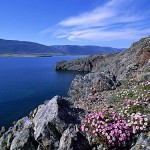
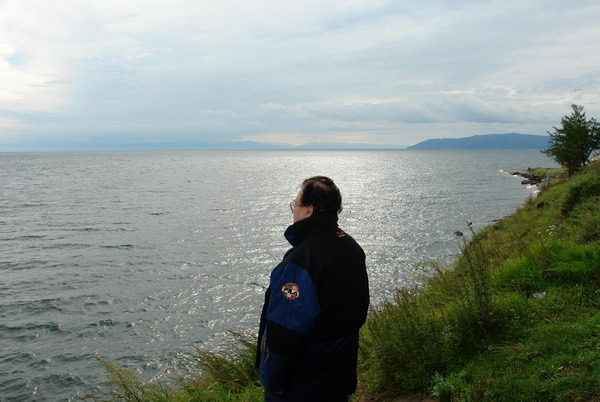

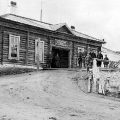


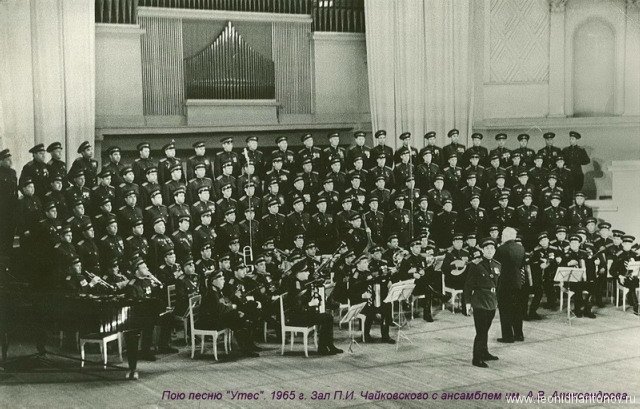
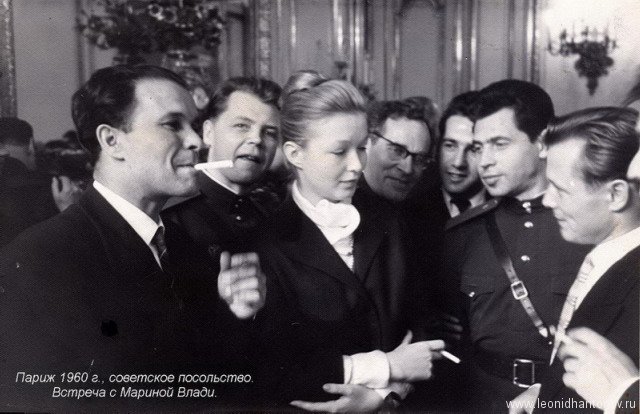

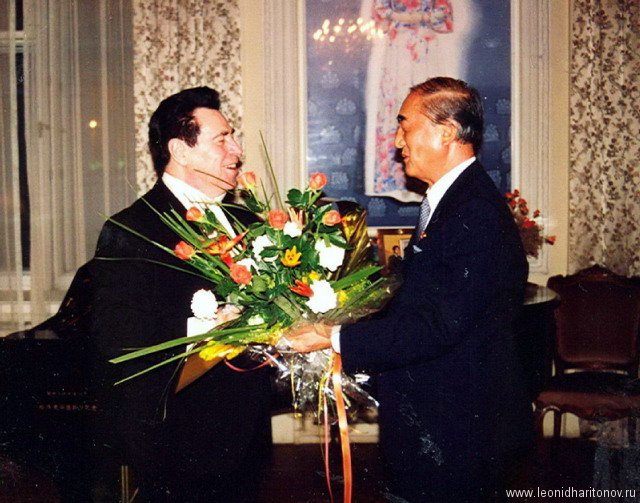

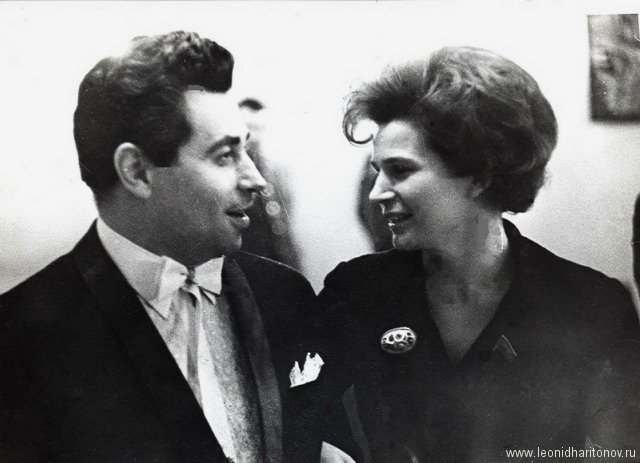




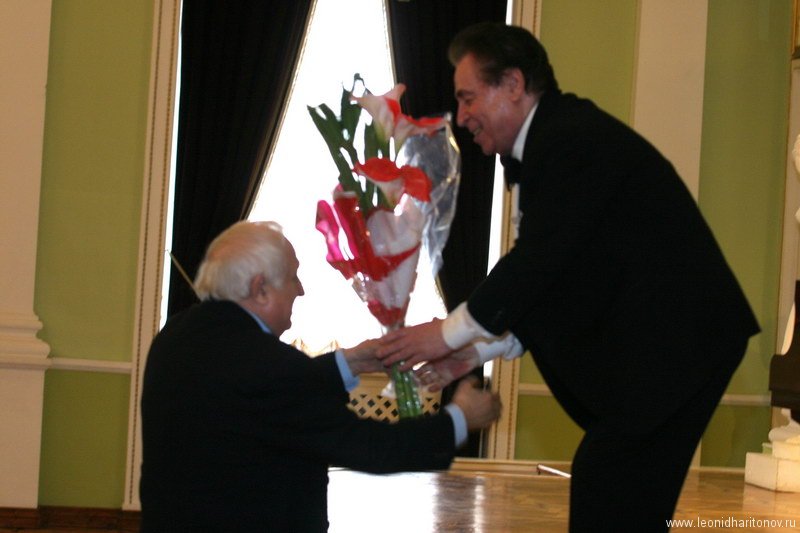

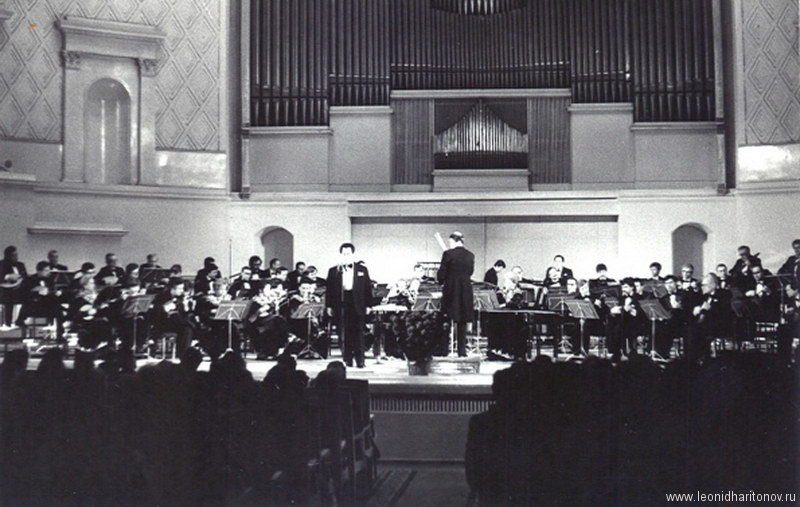
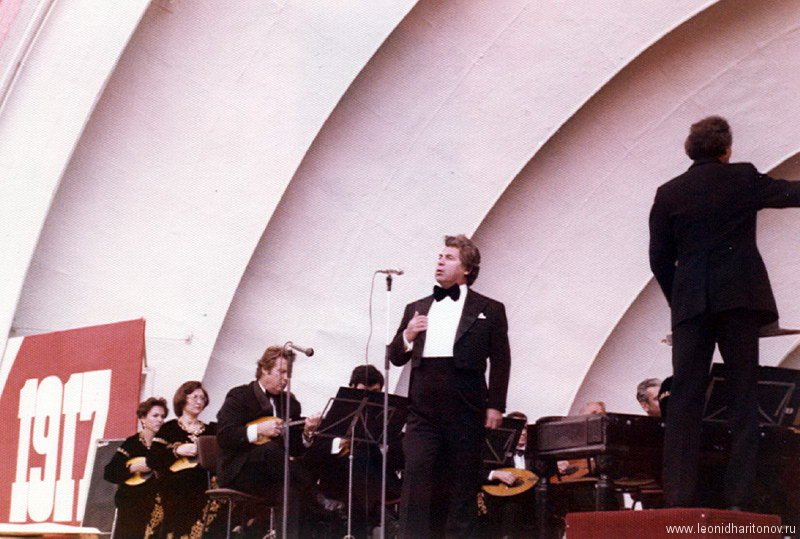
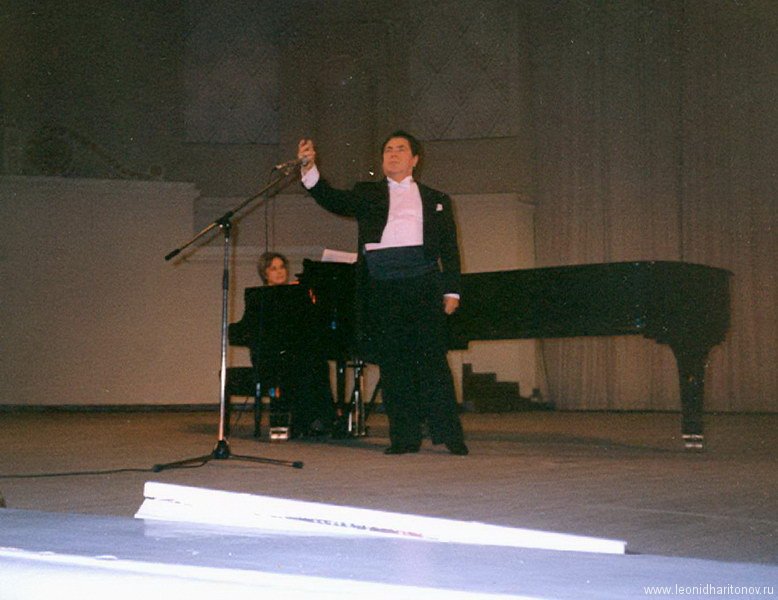


I’m thankful for your willingness to share your knowledge and information Tel-U
Thank you for enlightening me with that information Tel-U
I appreciate your help in keeping me informed Tel-U
Thank you for providing me with the information I needed.Tel-U
How does the folk song “Glorious Sea, the Sacred Baikal” depict the courageous journey of fugitives known as “passers” across Lake Baikal and the surrounding region, and what are some notable geographical and historical references within the song? Please visit tel u
thank so considerably for your site it assists a great
deal. https://www.youtube.com/watch?v=vIJzPyBZiQA
Thank you, thank you. Finally the lyrics and a translation to this beautiful song I have listened to for nearly 30 years. A public radio program in Minneapolis, KSJN, had a “roots” and folk music show for many years. Every once in a while they would play Beautiful Lake Baikal by the Pyatnitsky chorus, and even without knowing the words it always brings tears to my eyes. Thankyou.
You’re very welcome! We’re glad that you have enjoyed this wonderful song for so many years and can continue to enjoy it even more due to our modest efforts. We’re trying to provide translations and lyrics for all the songs in the singer’s repertoire in order to fully share his work of art with fans all over the world.
All the best to you!
Thank you so very much. A beautiful song! A Place and history I know so little of. Beautifull Lake Baikal! Best always, Joel Fithian
Dear Joel.
We’re very happy that you appreciate this song and history! Thank you for your good wishes, and all best to you too!